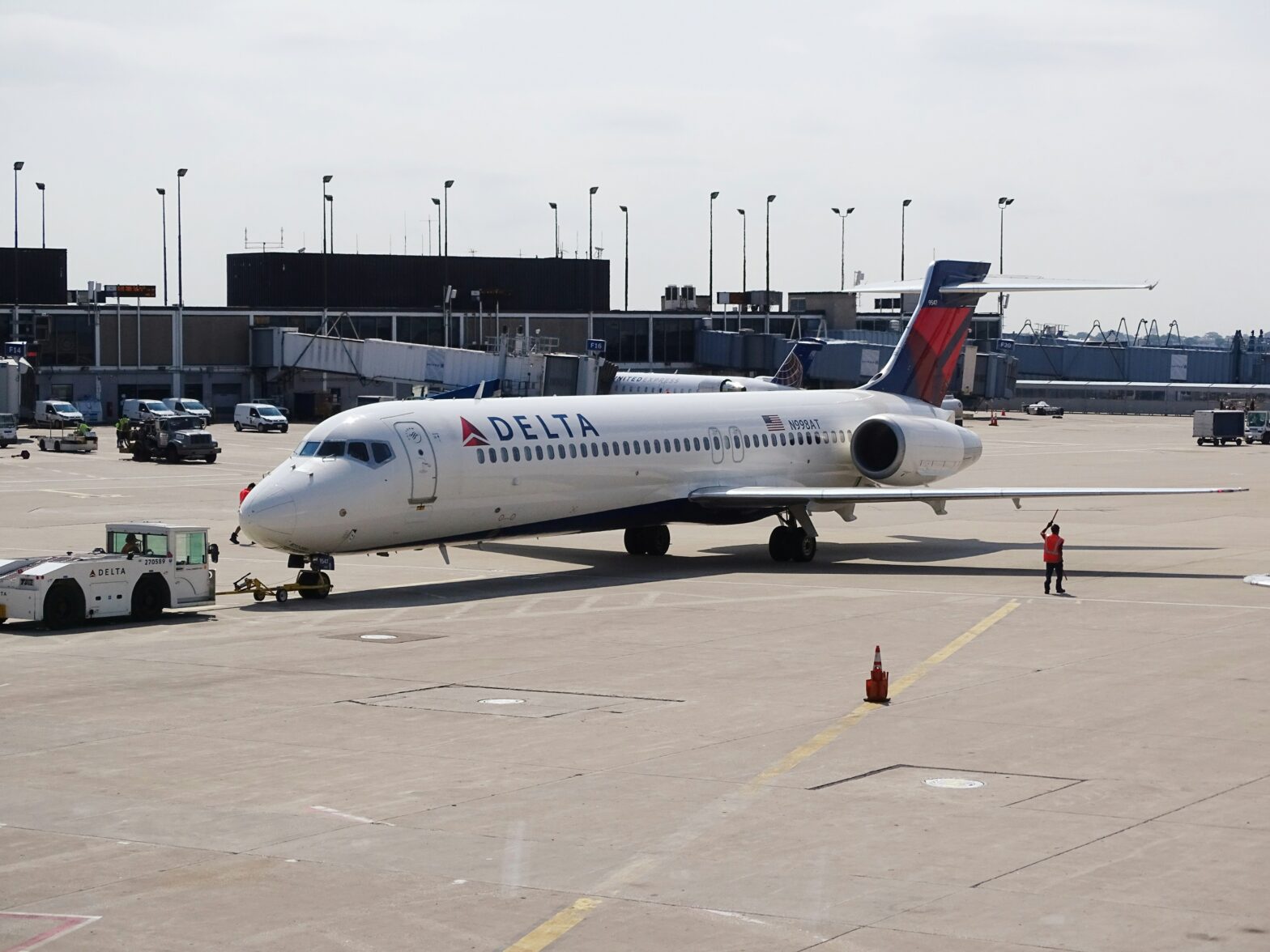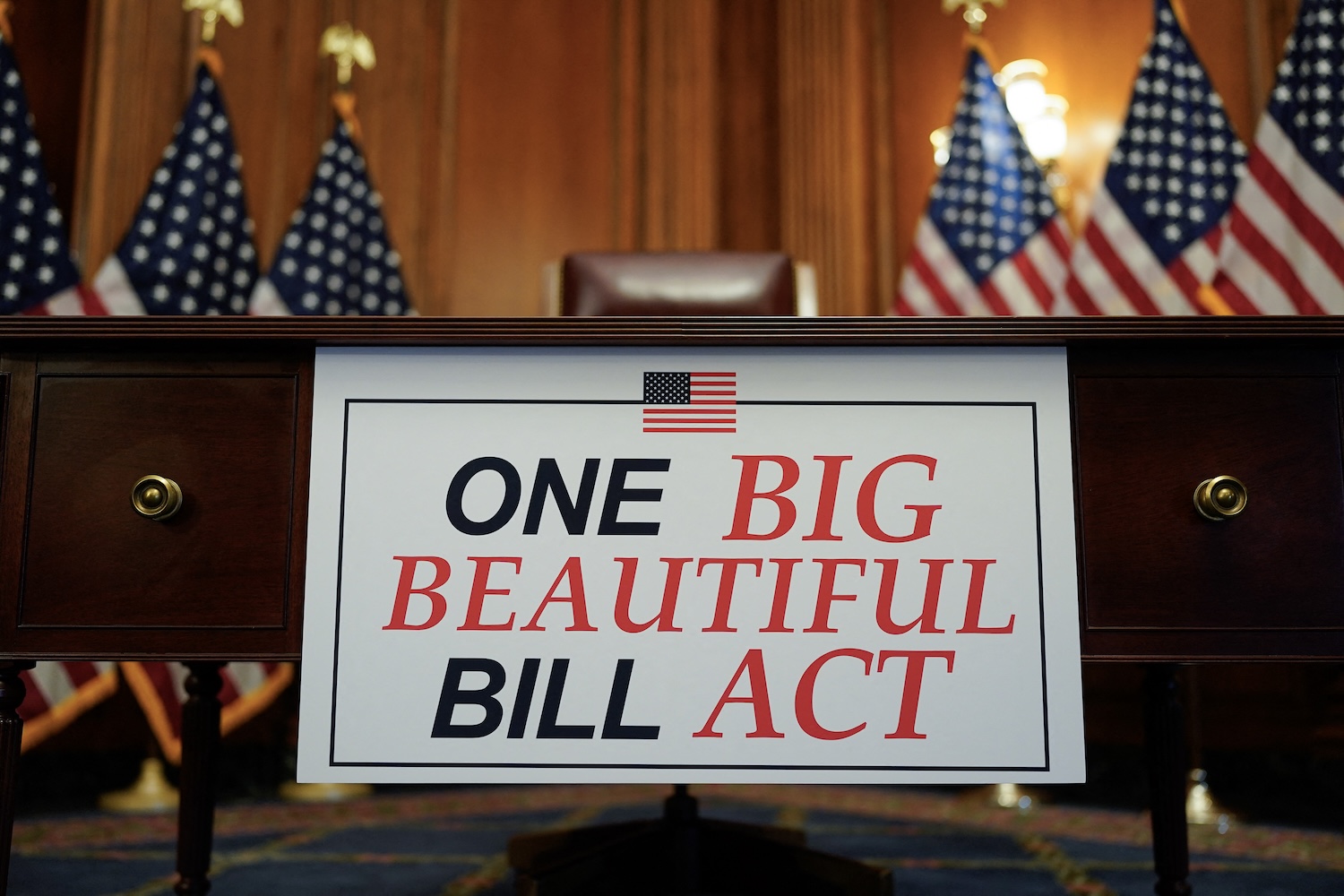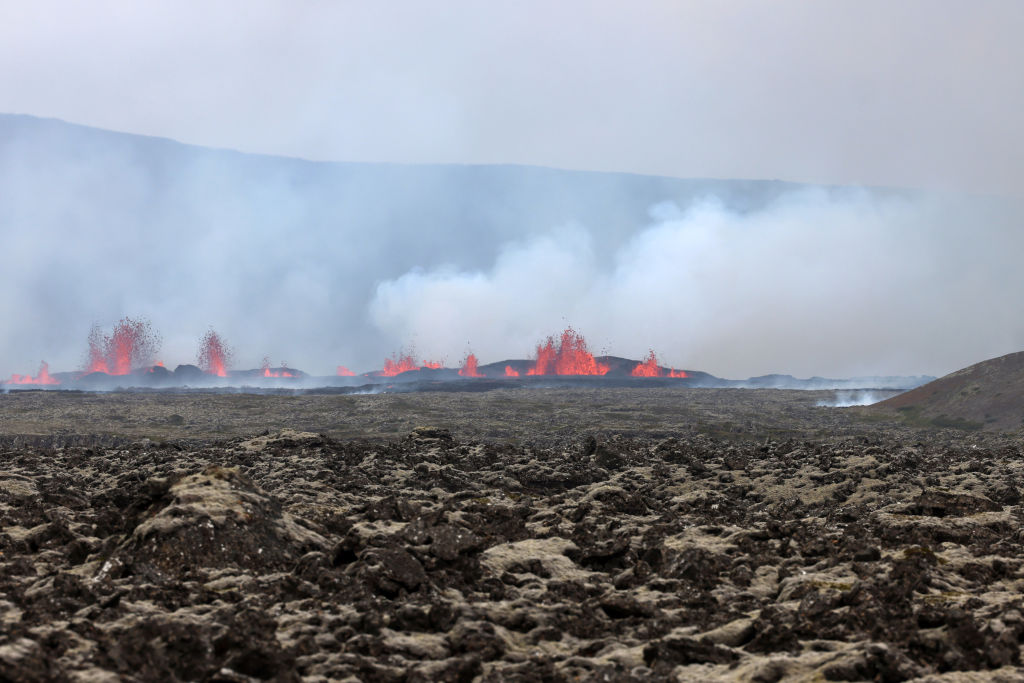We now live in an era where people are seeking travel opportunities any chance they can get. While most people’s travel interests are sparked by the images they see on social media, some college students catch the bug much sooner.
Study abroad programs have been around for decades. However, a common myth is that more study abroad opportunities are found at Predominantly White Institutions (PWIs) than Historically Black Colleges and Universities (HBCUs). Recent studies and HBCU graduates are dispelling that myth.
The number of HBCU students taking advantage of these study abroad trips continues to increase each year. According to Inside Higher Ed, black students typically study abroad at lower rates than the general student population. Yet, a total of 2,036 students from HBCUs studied abroad in 2015-16 compared to 1,605 students in 2013-14, according to statistics from the Institute of International Education (IIE), which does an annual survey of study abroad enrollments. IIE also found that in 2016-17 only 6.1 percent of black U.S. students studied abroad compared to over 70 percent of white students in the same year.
While the statistics show that HBCU students, and black students in general, typically don’t study abroad as often as other institutions, Briana Robinson feels differently. The Johnson C. Smith University graduate was able to study abroad three times during her undergraduate experience.
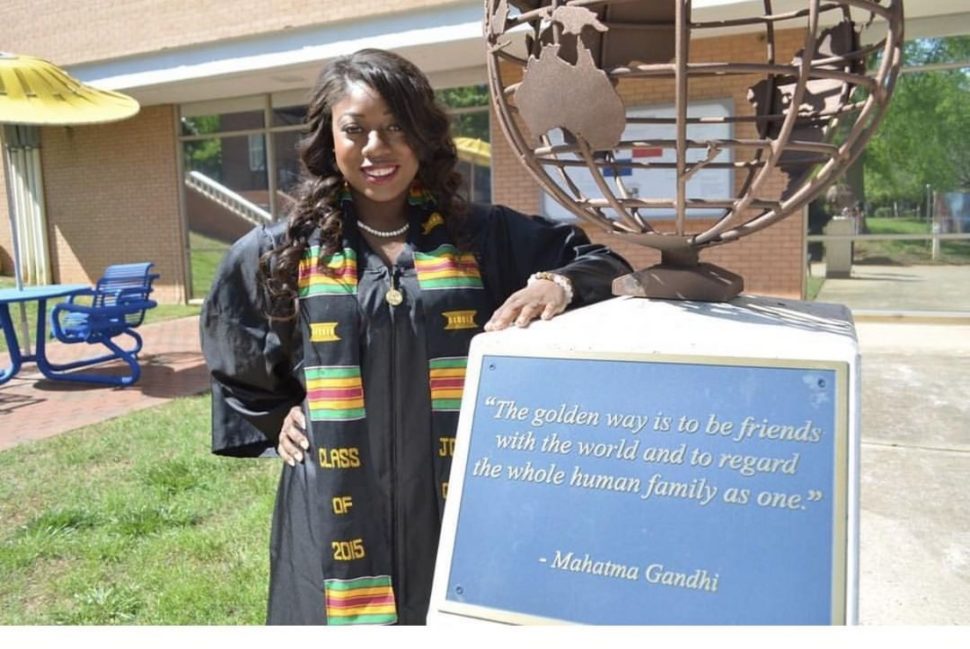
“I think there is a myth that HBCUs are underfunded and lack resources, especially in regards to “extra” things like study abroad. In fact, my experience has proven this to be the complete opposite,” Briana said. “I was able to take three fully funded trips thanks to an institutional culture at JCSU that promoted study abroad.”
“A faculty member was able to obtain a Fulbright grant from the Department of Education that allowed 20 students to study Mandarin in China,” she continued. “There’s also a yearly JCSU study abroad trip with an intended research focus. So yes, I think HBCU students are given the same study abroad opportunities as PWI students.”
Study abroad opportunities are not only available during the undergraduate years, but some institutions also offer programs at the graduate or doctoral level as well.
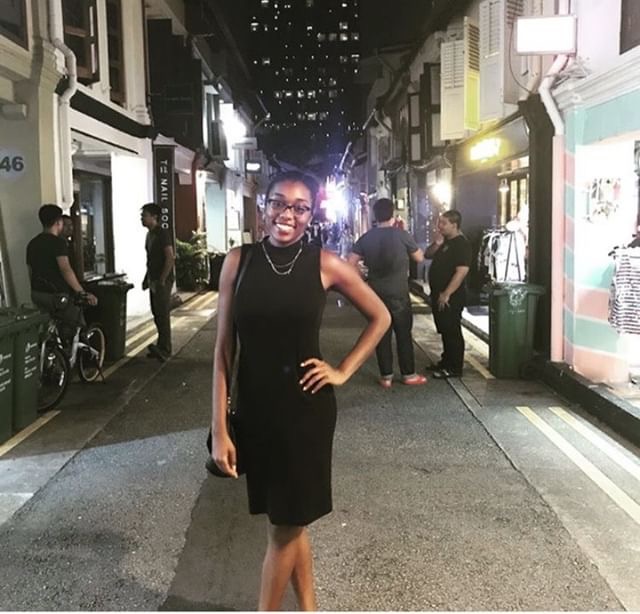
Darlene Harris, a graduate of North Carolina Central University School of Law, had the chance to travel to Africa while in law school thanks to a study abroad program. She told Travel Noire the following in regards to HBCU students being given the same study abroad opportunities as PWI students, “I think it depends on the HBCU. I don’t think I had heard of any other HBCU Law Schools having any type of study abroad program. I went in 2012, and it was the first year that our Law School offered it. A professor started it and to my knowledge, they are still doing it to this day.”

